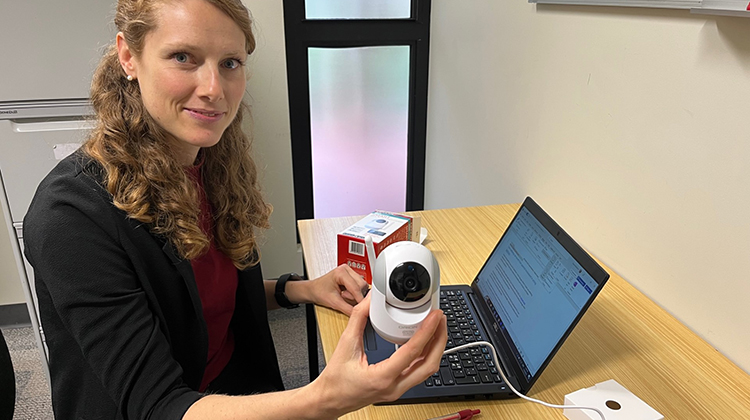Set a Bedtime for Teens

It’s coming on final exam time, that means a lot of tired, stressed students, especially if you’ve got an ATAR score on your mind.
The key to clear thinking and a good exam result is getting the right amount of sleep and that is where parents need to step in. Teenagers need between 8 and 10 hours of sleep per night but study, hopefully, and video games, probably, get in the way.
It might be met with some whining, but parents setting bedtime rules can be “protective” of their teenage children’s health and well being, helping them to establish good sleep routines as young adults.
Using feedback from 2500 students aged from 12 to 14 between 2019-2020, a national study found adolescents whose parents set bedtimes had at least 20 minutes more sleep on average which can make “all the difference” to next-day performance - including reaching the recommended 8-10 hours of sleep a night.
“Most young people tend to stay up later and have less sleep when they are left to set their own bedtimes, but qualitative research is finding that adolescents are open to parental guidance to improve their sleep patterns, ” says psychology researcher Serena Bauducco, a visiting scholar from Sweden at Flinders Uni.
“In our national study we also found some adolescents were happy to have parent reintroduce bedtime setting after a period of having no bedtime rules,” adds Ms Bauducco, who says holding on to bedtime rules seems to slow down the natural trend towards later bedtimes and shorter sleep duration seen throughout adolescence."
The study, published in the Journal of Sleep Research, supports a growing body of findings supporting the positive impact of parent-set bedtimes on adolescents’ sleep.
It not only shows sleep interventions help to maintain positive sleep routines but also can reintroduce bedtimes rules in mid-adolescence, paving the way for sleep gains in teenagers at an age when school-based sleep education and other awareness programs are seeking to improve sleep health.
“We therefore encourage public health recommendations to highlight the beneficial effects of maintaining bedtime rules into adolescence.”